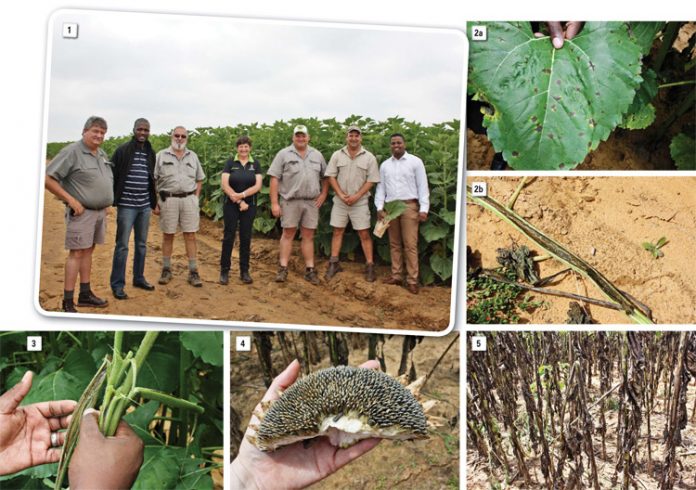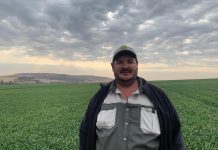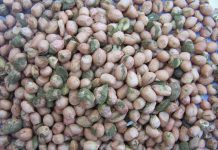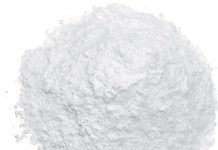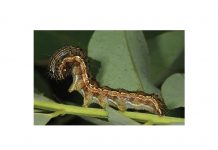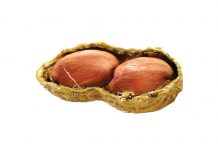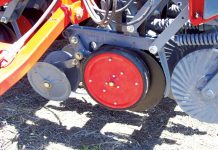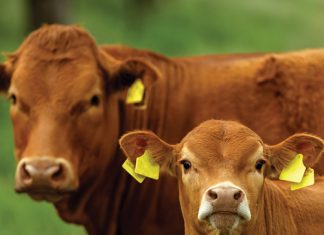May 2017
PETRU FOURIE and WANDILE NGCAMPHALALA, Grain Research and Policy Centre, Grain SA
This season’s wetter climatic conditions are ideal for sunflower diseases. Grain SA received several complaints from producers pertaining to this. Concerns were specifically high from producers in the Hoopstad/Wesselsbron region where various diseases were a problem, with the highest incidence being that of Alternaria leaf spot, a severe problem in the current season.
Grain SA together with two researchers from the University of Pretoria, Prof Terry Aveling and Mr Godfrey Kgatle (PhD candidate), visited three different localities in this area on 27 February to observe the severity of the problem. Kgatle was contacted as he is in the process of completing his PhD studies on this disease’s occurrence around the country.
The researchers collected samples based on noticeable symptoms from the field. Alternaria leaf blight (Alternaria helianthi and Alternaria alternata) and Phoma black stem (Phoma macdonaldii Boerema) was found on the sampled leaves, stem, petioles and debris.
The researchers stated that there was a lot of debris in the field that contained the above-mentioned pathogens and that there was a lack of adequate crop rotation from the previous season.
They expect that these diseases would have been worse this season due to inoculum build-up and suitable weather conditions (wet conditions accompanied by mean temperatures of between 25°C and 30°C).
See the article on page 47 for more information on Alternaria.
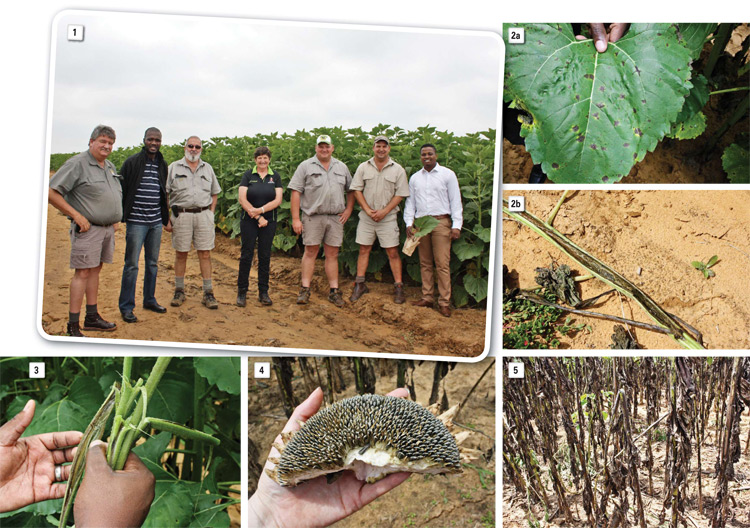
1: Producers present at the field survey with Prof Terry Aveling (centre) and Godfrey Kgatle (far right).
2: Alternaria leaf spot (a) and Phoma black stem disease (b) symptoms from samples collected during field visits.
3: This photo shows the weakening effect of Phoma on the leaf petiole.
4: Underfilled sunflower grains due to Alternaria defoliation and early senescence/maturity due to the disease.
5: Stem lodging due to the stem weakening effect of Phoma.
Publication: May 2017
Section: On farm level



